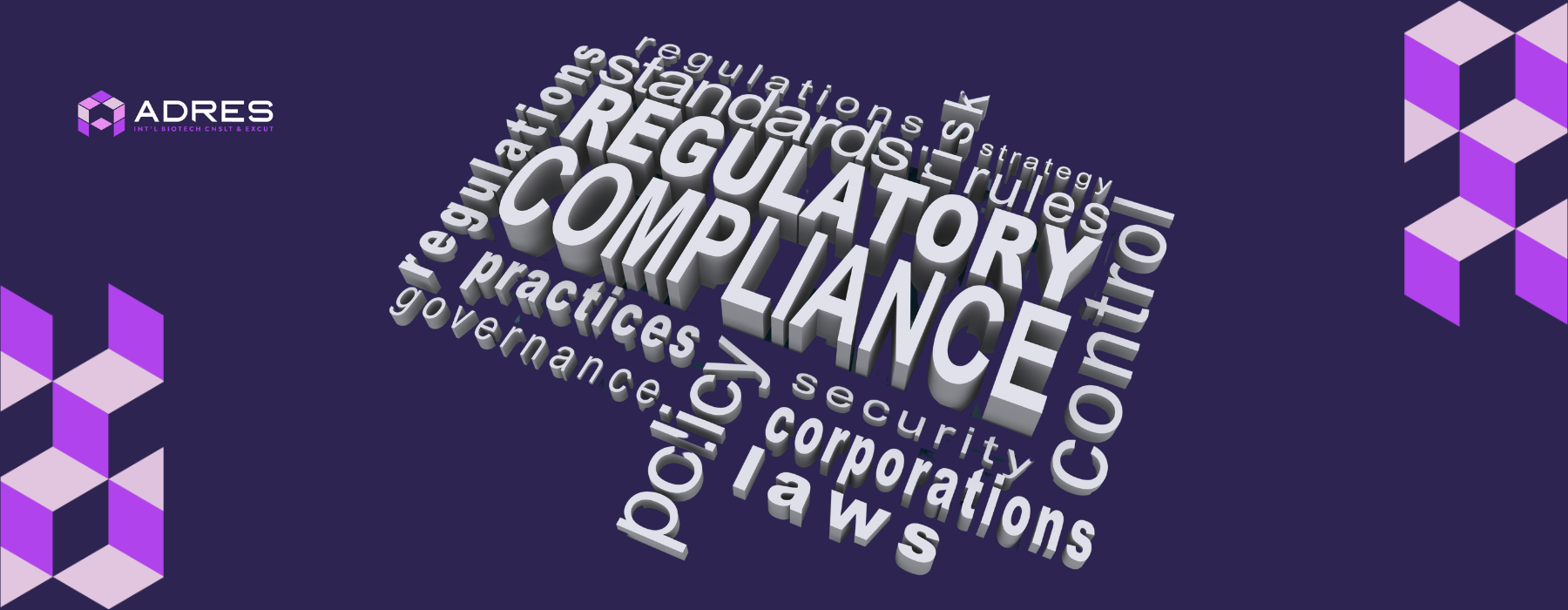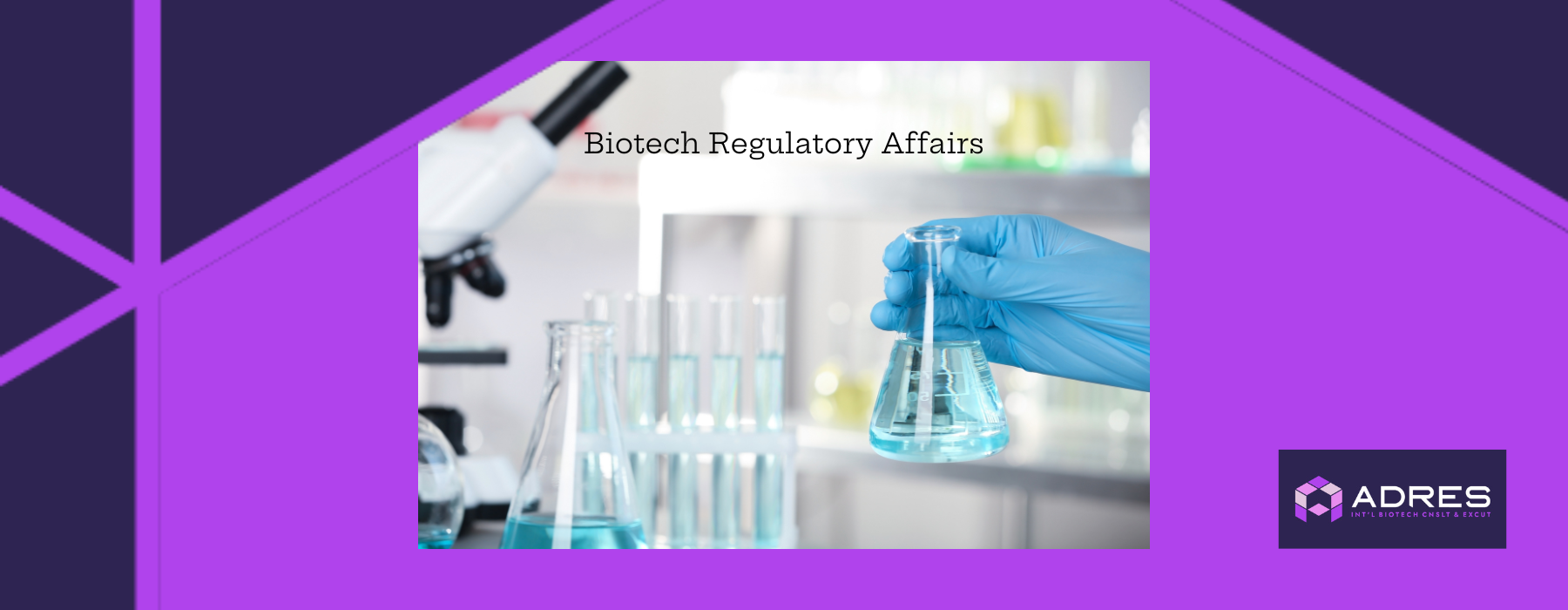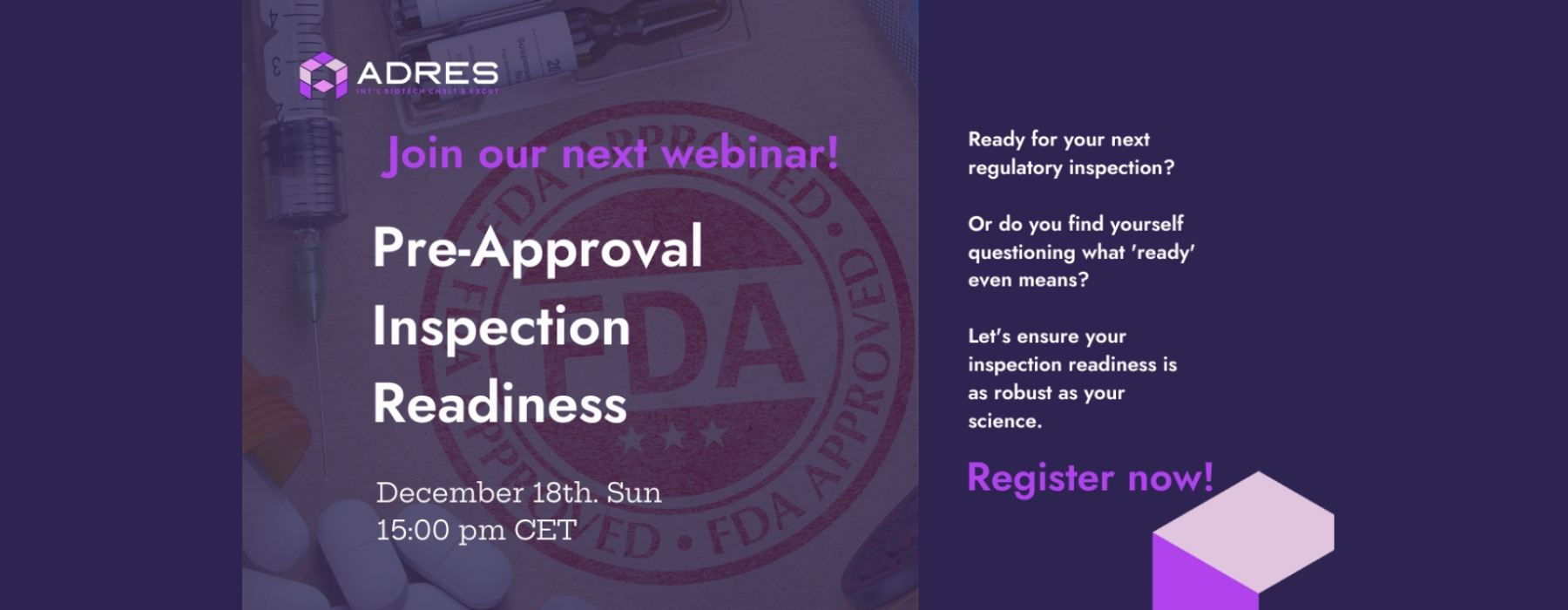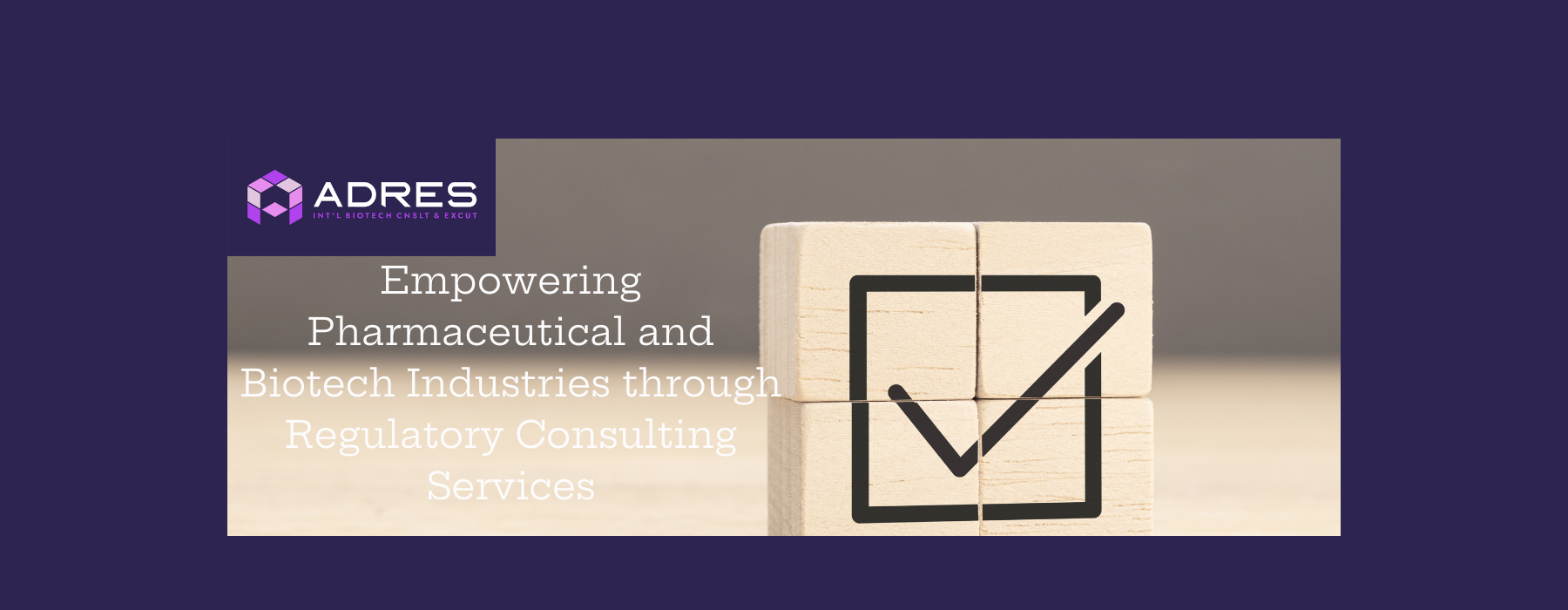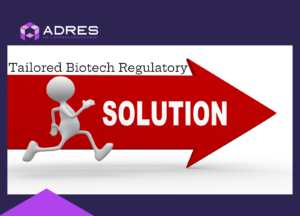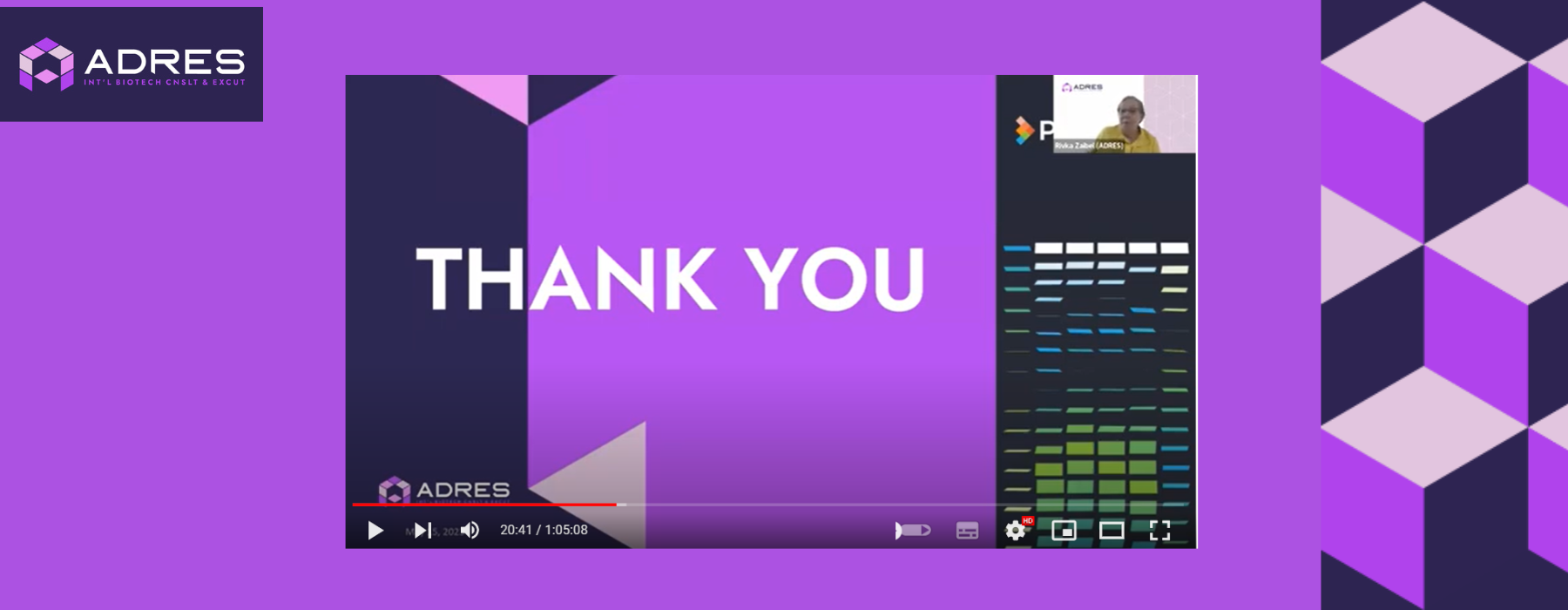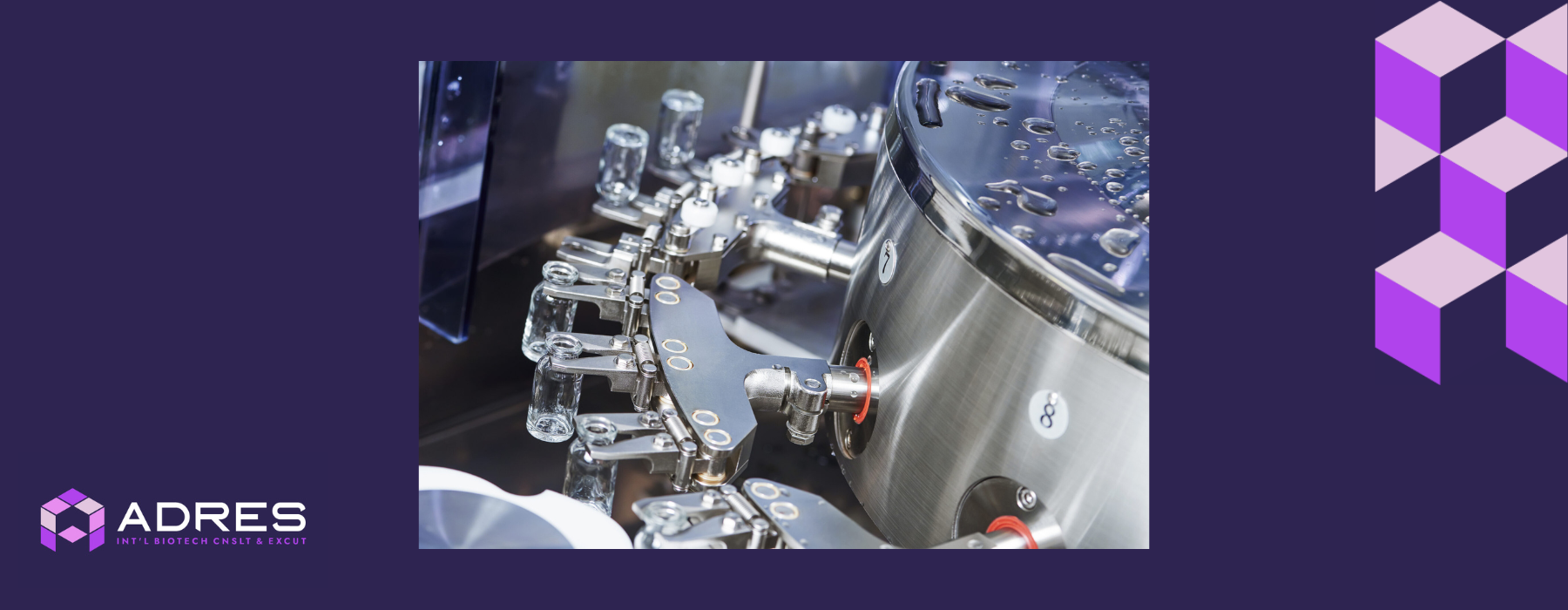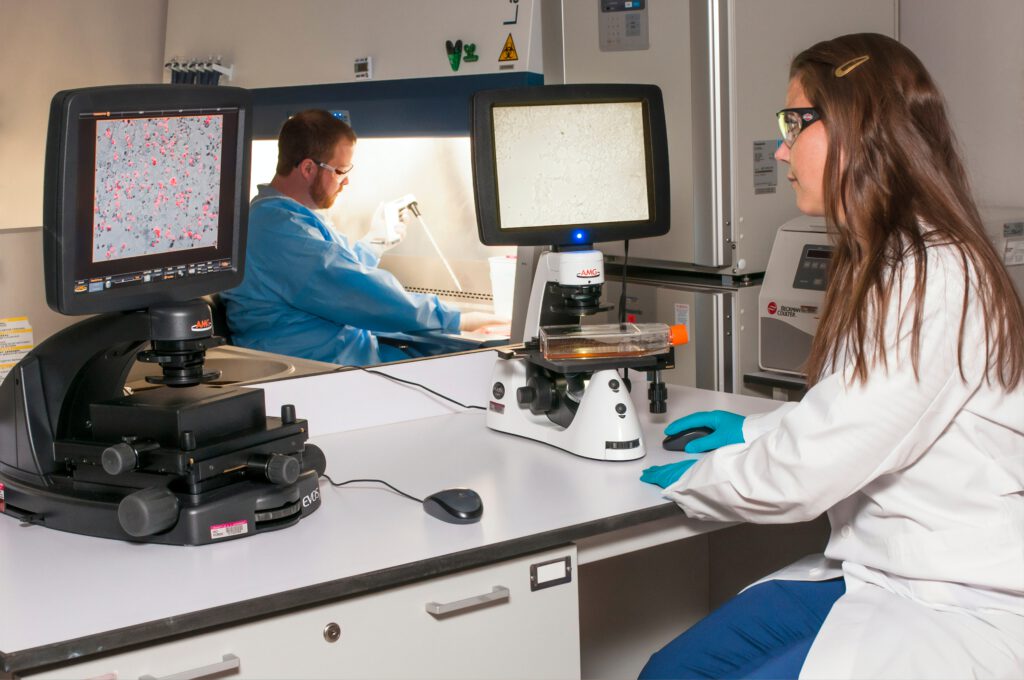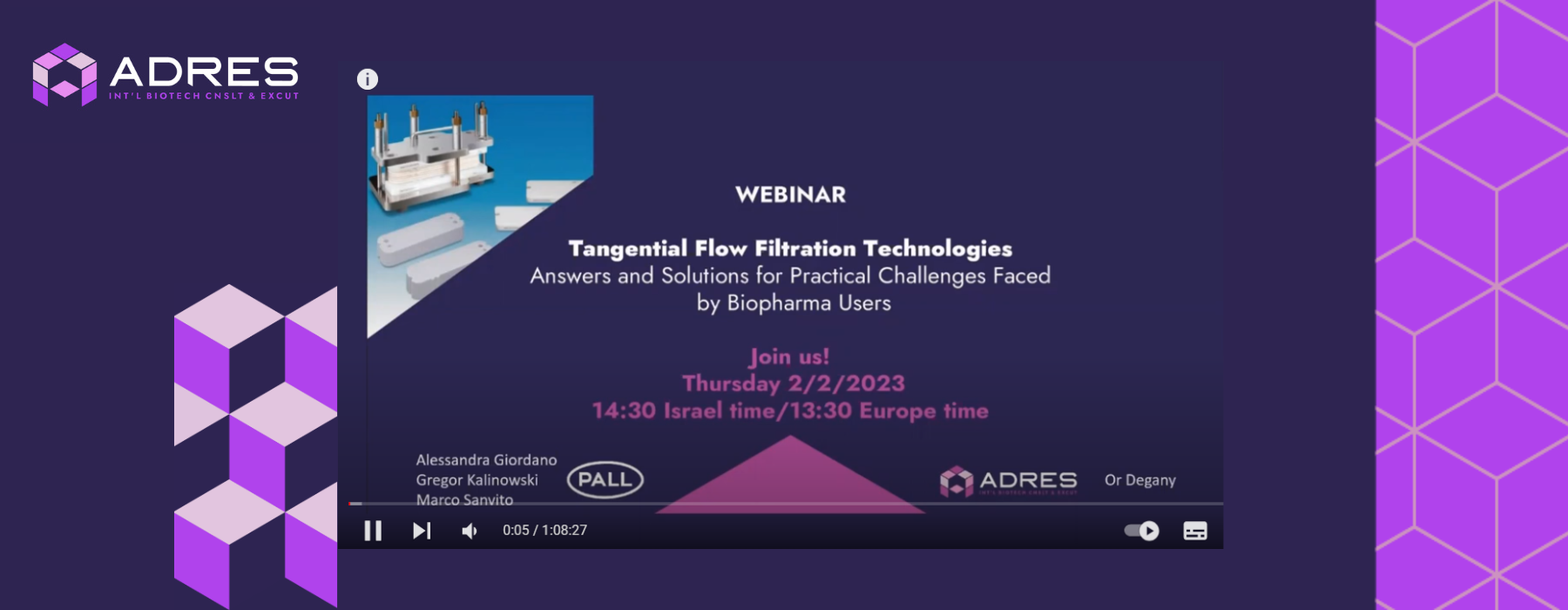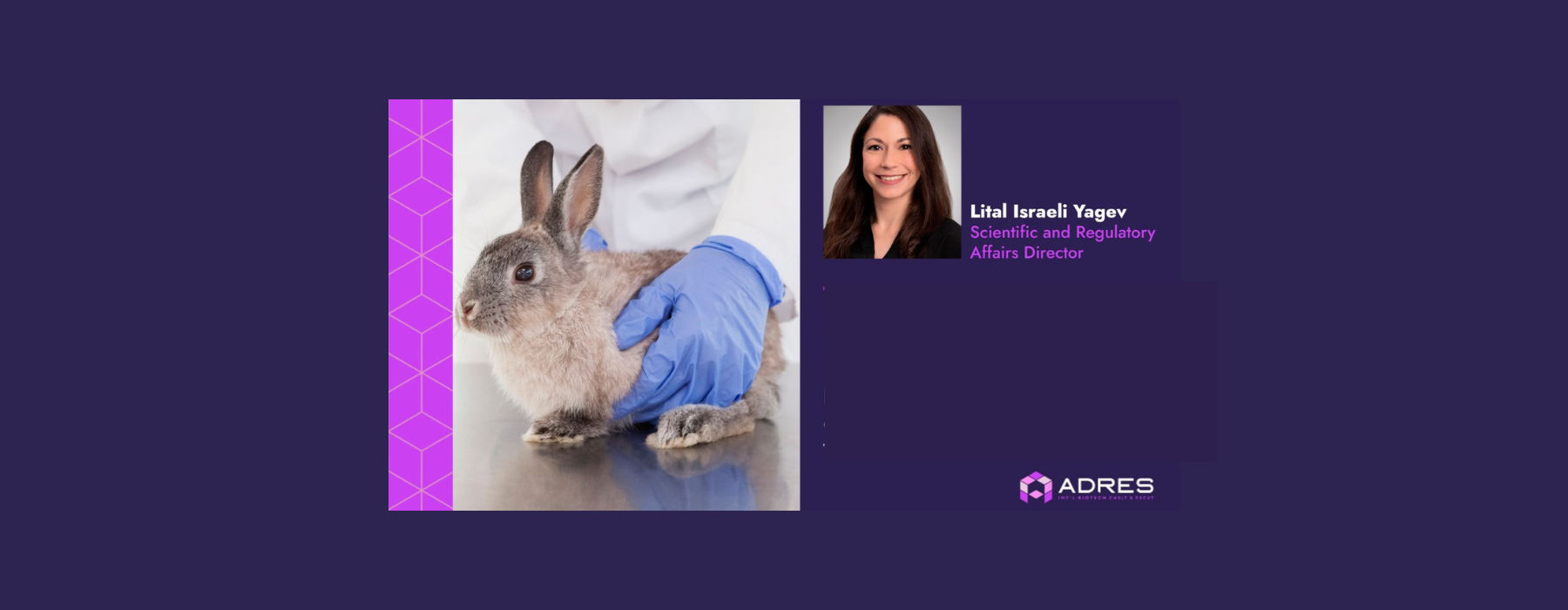בתעשיית הביוטק המתפתחת במהירות, חברות סטרטאפ ניצבות בפני אתגרים רבים, החל מהמורכבות של פיתוח מוצרים ועד לניווט במבוך של דרישות רגולטוריות.
בכל הקשור לאתגר הרגולטורי, הדרך סלולה בצמתים, מכשולים והתלבטויות. וכל מפנה מוטעה יכול להוביל לעיכובים משמעותיים בלוחות הזמנים והוצאת תקציבים גדולים יותר מהמתוכנן.
בלא מעט מקרים, ייעוץ רגולטורי לא רק יכול לסלול את הדרך לתהליכי אישור חלקים יותר, אלא גם להבטיח עמידה בתקנים גלובליים, ובסופו של דבר חוסכות זמן ומשאבים.
בכתבה זו נכיר את האתגרים המרכזיים עימם מתמודדים סטארטפים בתחום הביוטק ונתמקד בערך שטמון בייעוץ רגולטורי ממוקדד כפתרון שמייעל, חוסך משאבים ומקצר תהליכים עבור אותן חברות.
האתגרים שעומדים בפני חברות סטארט-אפ ביוטכנולוגיות
חברות סטארט-אפ ביוטכנולוגיות יוצאות למסע מלא פוטנציאל אך גם עמוס מכשולים.
אחד האתגרים הראשונים שהן נתקלות בהם הוא היכולת להפוך קונספט טיפולי למוצר בר-קיימא. טרנספורמציה זו דורשת הבנה מעמיקה לא רק של הרקע המדעי העומד מאחורי הטכנולוגיה אלא גם שליטה בנבכי הרגולציה. הנתיב ממחקרים פרה-קליניים לניסויים קליניים ולבסוף לאישור שיווק ומכירה הוא מורכב ומלא בתקנים רגולטוריים מחמירים שמטרתם להבטיח את בטיחות המוצר ויעילותו ויכולים להיות סבוכים מאד.
יתר על כן, חברות סטארט-אפ מתמודדות לעתים קרובות עם משאבים מוגבלים, הן מבחינת מימון והן מבחינת מומחיות. העלויות הגבוהות הכרוכות במחקר, פיתוח וביצוע התאמות רגולטורית יכולות למתוח את התקציבים עד קצה גבול היכולת. בנוסף, הצורך להישאר מעודכנים בדרישות רגולטוריות המשתנות כל הזמן במדינות שונות מוסיף שכבה נוספת של מורכבות. אתגרים אלה מדגישים את החשיבות של תכנון אסטרטגי, שילוב ייעוץ רגולטורי בשלבים מוקדמים וניהול משאבים כדי לשמור על תהליך הפיתוח על המסלול מבלי להתפשר על התוצאה הסופית.
אז מה היתרון בבחירת ייעוץ רגולטורי?
באילו מצבים רצוי לתעדף ייעוץ רגולטורי חיצוני ומה היתרונות של ייעוץ כזה ?
- עלות מול יעילות: שכירת יועץ רגולטורי במשרה מלאה עשוי להיות מהלך יקר, במיוחד עבור סטארטאפים עם תקציב מוגבל. יועצים חיצוניים יכולים להיות חסכוניים יותר, מכיוון שהם נשכרים בדרך כלל על בסיס פרויקט.
- מומחיות מותאמת לצרכים: ליועצי רגולציה יש לרוב ידע מיוחד בתחומי רגולציה ספציפיים. סטארטאפים יכולים לבחור יועצים בעלי מומחיות התואמת את הצרכים הספציפיים שלהם, במקום להעסיק עובד במשרה מלאה שאולי אין לו את אותה רמת מומחיות.
- גמישות: יועץ חיצוני יכול להצטרף לתקופות הרלוונטיות לפי הצורך, דבר המאפשר לחברה להסתגל לדרישות הרגולטוריות המשתנות ללא התחייבות של עובד במשרה מלאה.
- רשת ומשאבים: ליועצים מנוסים יש בדרך כלל רשת של אנשי קשר ומשאבים שיכולים להועיל לסטארט-אפים המנווטים בנוף הרגולטורי ולחסוך לא מעט כאב ראש.
בעוד שהעסקת מומחה רגולטורי במשרה מלאה עשויה להתאים לחברות סטארט-אפ מסוימות, ייעוץ חיצוני יכול להציע פתרון גמיש יותר, חסכוני ומיוחד יותר עבור חברות ביוטק רבות בשלב מוקדם.
ADRES מלווה חברות ביוטק משלב הרעיון ועד ליציאה לשוק
ADRES חברה העוסקת בייעוץ רגולטורי לחברות ביוטכנולוגיות, הוקמה על ידי רבקה זייבל, יועצת רגולטורית עם יותר מ-35 שנות נסיון בתחום. על ידי מתן שירותי ייעוץ מקיפים המכסים כל שלב במחזור הפיתוח, ADRES מבטיחה שחברות סטארט-אפ יקבלו את ההדרכה והמומחיות הדרושות כדי לעבור בהצלחה מהרעיון לשוק. תמיכה זו כוללת התאמות רגולטורית, הבטחת איכות, ניהול תוכנית קלינית ואף ייעוץ לתהליכי ייצור.
בשלבים המוקדמים של הפיתוח, ADRES עוזרת לחברות סטארט-אפ לזהות ולארגן לפי סדר עדיפויות את השלבים הקריטיים כדי להפוך את החזון שלהן למציאות. זה כולל תכנון מחקרים טרום-קליניים שמבטיחים תנאי בטיחות רלוונטיים ועומדים בציפיות הרגולטוריות הגלובליות.
ככל שהמוצרים מתקדמים לעבר ניסויים קליניים, המומחיות של ADRES הופכת לחיונית יותר ויותר. זה כולל ניהול אינטראקציות עם רשויות רגולטוריות גלובליות, הכנת תיעוד להוכחת יעילות ובטיחות של מוצר, והבטחה שכל הנתונים והידע שנצברו תומכים באישור המוצר.
תפקידה של ADRES הוא הרבה מעבר לניווט בדרישות משפטיות ורגולטוריות בלבד; הוא כולל הגנה על חברות מפני עיכובים תוך עמידה בתכנון התקציב. בזכות הנסיון והמומחיות הרבה בתחום, ADRES יוצרת מערכת תמיכה ייעוצית שעוזרת לחברות סטארט-אפ לקצר משמעותית תהליכים רגולטורים סבוכים ומגדילה את הסבירות שחברות סטארט-אפ בתחום הביוטק יגיעו למטרה הסופית שלהן: הבאת מוצרים חדשניים לשוק.
יש לכם שאלה? רוצים להתייעץ? צרו קשר ונחזור אליכם.
 Why does this matter?
Why does this matter?  Reflecting the market’s confidence,
Reflecting the market’s confidence, 


